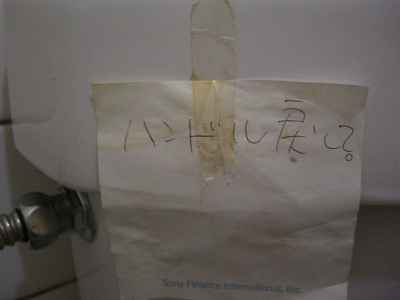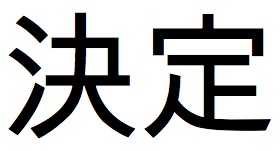With the goal of stirring up even more interest in Murakami between now and mid-October tomorrow (!), when the Nobel Prizes are announced, I will post a small piece of unpublished Murakami translation once a week from now until the announcement. You can see the other entries in this series here: 1, 2, 3, 4, 5.
Murakami’s Complete Works is an interesting collection. It includes all of his main novels, most of his major short story collections, a few 書き下ろし “bonus tracks” type stories, and then other short works that he just happened to like. One of these is “A Short Piece on the Elephant that Crushes Heinekan Cans.” Murakami included it in Volume 8 of the collection which collects the stories from his collection The Second Bakery Attack (パン屋再襲撃). Without further ado, here is my translation:
A Short Piece on the Elephant that Crushes Heineken Cans
When the zoo closed, people from the town put together some money and bought the elephant. The zoo was a crappy little zoo that surprised no one by going broke, and the elephant was old and worn out. He was so old and worn out that no other zoo would take him in. He didn’t look like he would live much longer, and no zoo could be asked to take in an elephant with one foot in the grave.
The zoo’s broker had no idea what to do and even pleaded with the town to take the elephant for free. “He’s old, so he doesn’t eat all that much. And he’s really tame. He’s not going to wake up the neighbors by trumpeting loudly. All he needs is a place to go. Quite a deal, being free and all,” said the broker.
After arguing for around a month, in the end the town council decided to take in the elephant. The looked all over the world, they said, and there wasn’t a single town that had its own elephant. Of course there are probably plenty of towns like that in India and Africa, but there were at least none in the northern hemisphere.
A farmer who had some land on a forested mountain provided a place for the elephant to live, and they relocated a run-down elementary school gymnasium to use as an elephant pen. Leftover school lunches provided plenty of food. A retired employee from the town offices became the elephant keeper and looked after him. The town did have quite a bit of money, so it was relatively easy to put together the appropriate funds.
And it wasn’t like the elephant was totally useless either.
The town assigned the elephant the job of crushing empty cans. First they made a concrete pipe in the shape of the elephant’s foot and then trained the elephant to stomp there when a whistle was blown. Every week on Friday the cans were collected from all over the town and hauled to the elephant’s pen by truck. Beer cans, soup cans, nori cans – they piled up all sorts of can in front of the elephant’s pen. The elephant keeper would dump three buckets worth of cans into the concrete pipe and blow the whistle. When the whistle sounded, the elephant stomped with one foot and crushed the cans, turning them into a single flat piece of metal.
…
(65-66)
(*Update: I’ve redacted part of this story.) Here’s what Murakami has to say about the story in his notes:
From what I can remember, I wrote “A Short Piece on the Elephant that Crushes Heineken Cans” on a whim while I was drinking Heineken. As I’m sure you know, Heineken cans are a beautiful green color. I finished drinking one of them and then crushed it in my hand, and as I did, I thought, man, this would be even flatter and more beautiful if an elephant stepped on it. And that’s why I wanted to write this story, from what I remember. I’m not sure how good it is. (X)
Well, he liked it enough to include it in his Complete Works, which you can’t say about “The Town and Its Uncertain Wall.” My guess is that he needed to create some value of his own for the Complete Works and this small, yet-to-be-collected short story fit in thematically; he positions it write after “The Elephant Vanishes,” and now that I look at the order, I see that he added “The Bakery Attack” as a small bonus immediately after “The Second Bakery Attack.”
One note about the translation. In the Japanese, Murakami has his narrator drink 一ダース worth of beer – a dozen cans. I tried using that in the translation, but “a case” felt so much more natural in the English that I decided to go with that instead.
This concludes Murakami-palooza 2009. You can watch the announcement online here.




